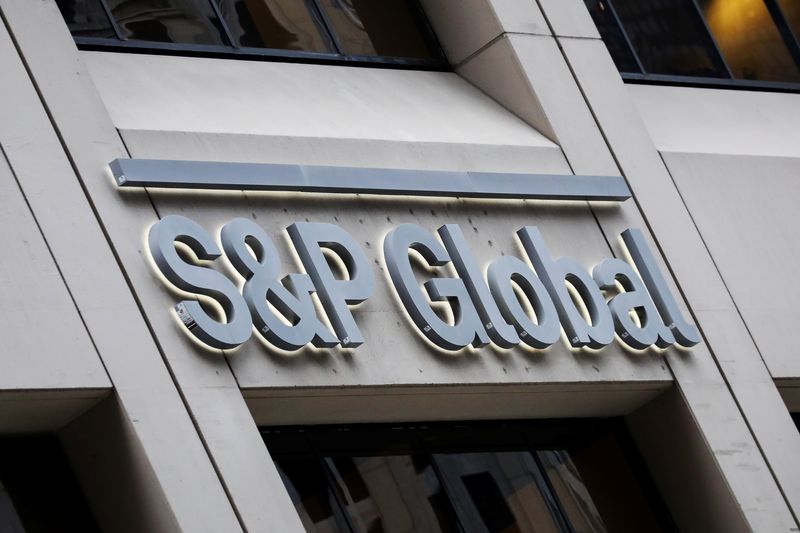By Marie Mannes
STOCKHOLM (Reuters) -One of Sweden's biggest commercial landlords, SBB has selectively defaulted on some of its debt, rating agency Standard & Poor's said on Wednesday, the latest setback to the embattled group.
The property group, which has been scrambling to cut its debt mountain, recently repaid some bondholders a fraction of what they were owed in a tender offer.
Now Standard & Poor's has cut its rating, saying the company's recent move was tantamount to default, pushing the company into so-called selective default (SD), which means that a company has failed to repay some of its debts.
The cut came after SBB on Sunday said it would buy back debt at a 60% discount to its original value. The rating agency had warned in advance that it would hand it a selective default rating if the discount was too steep.
"We view these repurchases as tantamount to a default because the lenders received less value than they were promised under the initial terms of the securities," S&P said in a statement.
Shares in the company were down nearly 5% at 1600 GMT.
The downgrade highlights the deepening challenges faced by SBB, as it seeks to cut debt, having borrowed heavily in recent years to buy public real estate including social housing, government offices and schools.
It is struggling as property deals have slowed and financing avenues are closing. SBB has a total of 10 billion Swedish crowns ($942 million) in upcoming debt maturities just for 2024 and 2025, according to S&P.
However, S&P said it would raise its ratings on SBB to 'CCC' after the tender transaction has been settled, which SBB expects to do in the coming days.
Danske bank credit analyst Marcus Gustavsson said default ratings were usually held for only a short time.
"When the default-event has been signalled to the market, the rating is changed back to again focus on the forward-looking credit quality of a company," he noted.
Unlike S&P, Fitch said it had not changed its rating of CCC+ on SBB after the tender result on Sunday, with the company not meeting its criteria for a "Distressed Debt Exchange (DDE)",
Fitch considers a DDE to have occurred if the tender involves both a material reduction in terms and if it allows the issuer to avoid a probable default. SBB bondholders, by contrast, had a choice as to whether to accept the buyback.
High debts, interest rates and a wilting economy have hit many European property companies, with the sector in Sweden among the worst affected.
While others in the sector are also struggling with debt, Gustavsson said he did not foresee contagion, saying SBB is a special case among other large Nordic companies.
SBB CEO Leiv Synnes told Reuters he had noted the downgrade.
"Carrying out the tender offer was an effective way to strengthen equity and has been well received by stakeholders that we have been in contact with," he said.
Carlsquare analyst Bertil Nilsson told Reuters that as the bond market is closed to the company it seemed SBB was focusing on raising new bank loans in 2024.
SBB's latest debt buyback is the second since November when it spent 404 million euros on buying back debt at a discount of around 3%. S&P also put the company on negative credit watch ahead of that buyback.
SBB is not alone in trying to cut its debt pile by buying back bonds.
Other companies including Intrum and Heimstaden have launched tender offers for their bonds, aiming to reduce debt sometimes at discounted prices and signal to investors that their finances are strong enough to do so.
($1 = 0.9245 euros)
($1 = 10.6138 Swedish crowns)
